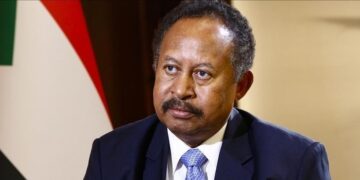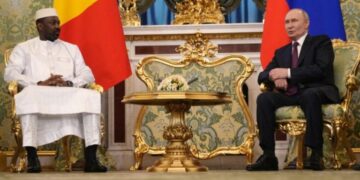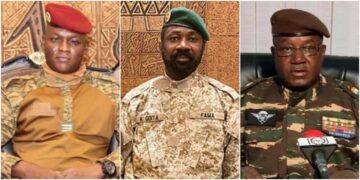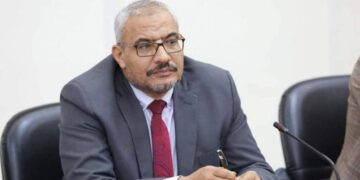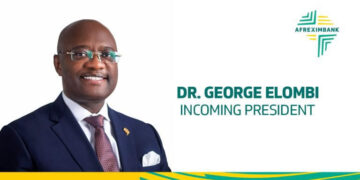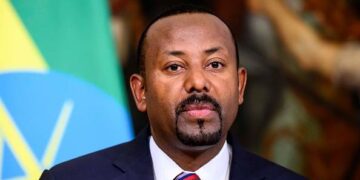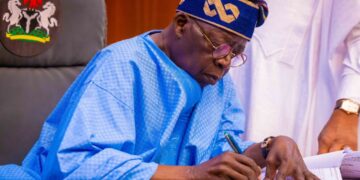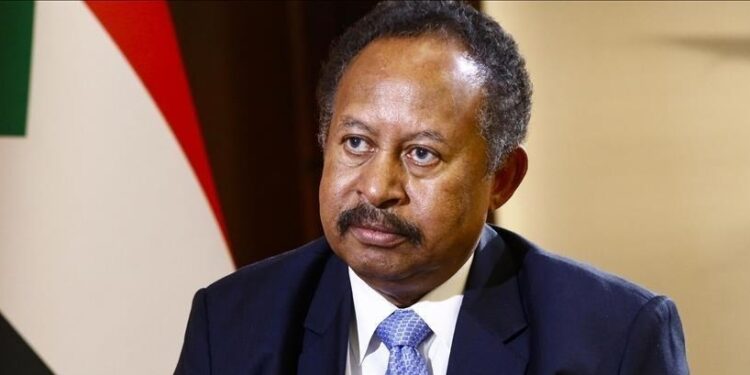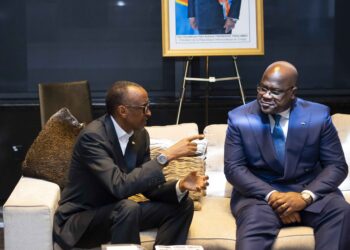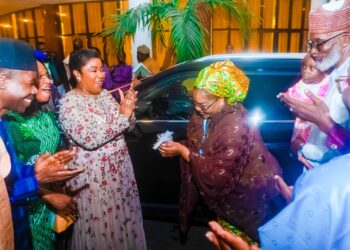By John Ikani
Sudan’s Prime Minister Abdalla Hamdok has resigned amid political deadlock and widespread protests following a military coup that derailed the country’s fragile transition to democracy.
Hamdok’s decision, announced in a televised address late on Sunday, came after another day of mass protests rocked the capital Khartoum.
Thousands marched against a recent deal he had done to share power with the army, who staged a coup in October.
Chanting “power to the people”, protesters called for a return to full civilian rule. But military forces staged another violent crackdown, leaving two people dead.
The resignation also follows weeks of wrangling between civilian and military leaders over the formation of a new government, but their differences proved insurmountable.
“I tried as much as I could to avoid our country from sliding into disaster,” Hamdok said. “I decided to give back the responsibility and announce my resignation as prime minister, and give a chance to another man or woman of this noble country.”
Military officials arrested Hamdok and dissolved the government on Oct. 25, then kept him under house arrest for a month. The move sparked outrage among Sudan’s protesters, whose movement, now three years old, brought about the fall of longtime dictator Omar Hassan al-Bashir in April 2019.
It also suspended Sudan’s rapprochement with Western countries, which had severed ties with the northeastern African country during the Bashir era. Billions of dollars in bilateral aid, debt relief and investments were put on hold.
After feverish mediation attempts by foreign and domestic power brokers, Hamdok was reinstated as president in November in a deal between civilian and military leaders. That deal was supported by Western governments but was seen by protesters and some of the country’s political parties as a betrayal by Hamdok of their ultimate goal: a fully civilian government.
Under the agreement reached with Mr Hamdok in November, the reinstated Prime Minister was supposed to lead a cabinet of technocrats until elections were held. But it was unclear how much power the new civilian government would have, and protesters said they did not trust the military.
Thousands of people were on the streets of the capital Khartoum and the city of Omdurman on Sunday, chanting and calling on the military to leave politics alone.
On social media, activists have said 2022 will be “the year of the continuation of the resistance”.
More than 50 people have been killed at protests since the coup, including at least two on Sunday, according to the pro-democracy Sudan Central Doctors’ Committee.
Coup leader Gen Abdel Fattah al-Burhan has defended last October’s coup, saying the army had acted to prevent a civil war that was threatening to erupt. He says Sudan is still committed to the transition to civilian rule, with elections planned for July 2023.
